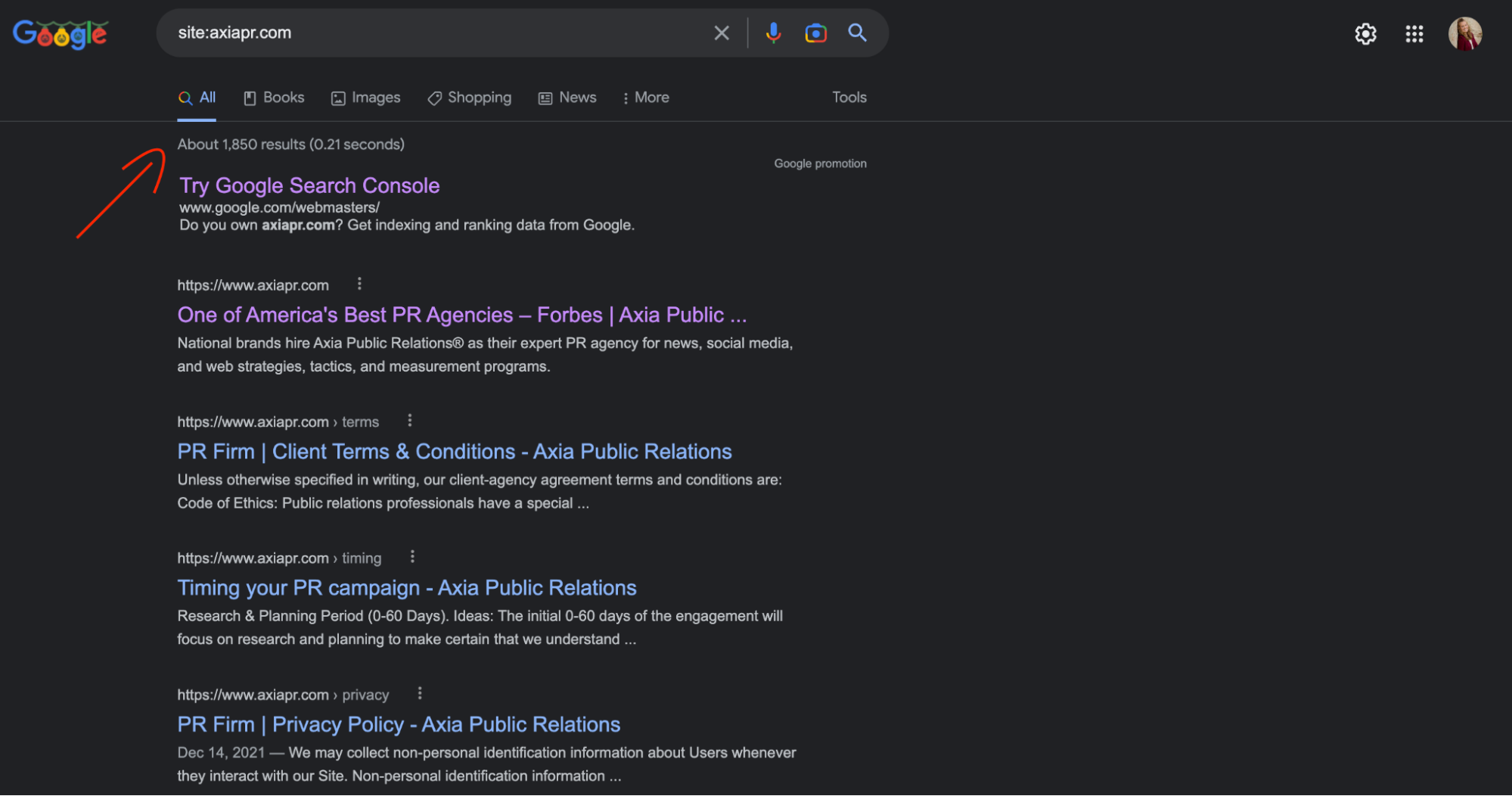Learn how search engines rank content, and how to use it to your benefit.
 Search engine optimization is a valuable asset to your company and its online presence. To take advantage of SEO perks, you need to understand how the process helps rank content within a search.
Search engine optimization is a valuable asset to your company and its online presence. To take advantage of SEO perks, you need to understand how the process helps rank content within a search.
Content is ranked in three different stages:
Audio: Listen to this article.
- Discovery Stage
Also known as the “crawling” stage, this stage refers to when search engine bots discover or “crawl” by your content.
- Relevance Stage
This stage is also referred to as “indexing” because search engine bots decide how relevant your content is by indexing it. The relevance stage decides how relevant your content is against other similar content. If you want to see if your page is being indexed, insert “site:yourcompany.com” into the search bar. The number of pages of your content that has been indexed will appear right above the first search result.

- Authority Stage
The authority stage is also known as ranking. Essentially, the search engine bots rank your content based on your site’s SEO authority, which is determined by backlinks – or links to your content from other websites. You want high authority because it directly impacts your company’s ranking strength.
To optimize your SEO strategy, think about which two of the three stages above need more work, and focus on improving them. For example, do you have a lot of great content going out but not many leads from them? Then you should focus on getting your content to rank and improving your authority. You should also establish SMART goals for SEO and establish your KPIs so you can measure your efforts to see what practices work best for your company. Last but not least, make sure you optimize your content to help your users find the information they are looking for, not just to check off a box on the SEO master guide.
If you're still struggling with optimizing your company’s content, let us help by using our certifications and SEO industry best practices to attract leads through fresh, frequent, and expert blog content and story-offering topics, tips, and trends.
Photo by Brett Jordan
Topics: SEO, online public relations



Comment on This Article